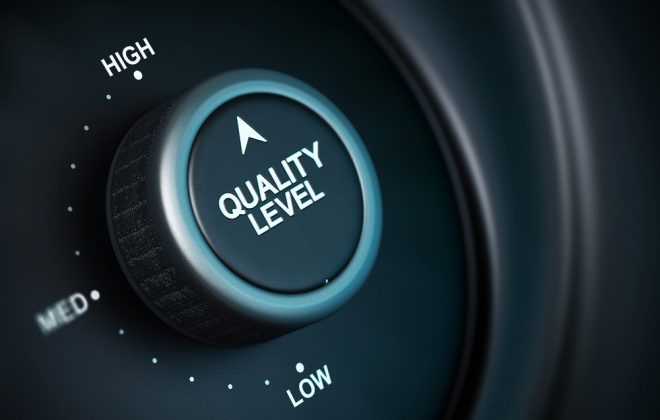What is an ISO Standard?
ISO Standards in layman’s terms
ISO Standards explained
ISO (‘International Organisation for Standardisation’) is an international standard-setting body composed of representatives from 162 nations.
Simply put, ISO certification is an accreditation that your company is operating at a world recognised ‘best practice’ standard.
There are more than 22,000 ISO standards that are instrumental in facilitating international trade, covering everything from manufactured products, technology, to construction, food safety, agriculture and healthcare.
The standards are worldwide-agreed specifications for delivering all types of products, services and systems, to ensure quality, safety and efficiency.
In essence, being ISO certified lets your customers know that you are a reputable company, you act in an ethical manner and you deliver a quality service.
While ISO certification is not compulsory, for some industries certification is a legal requirement or a contractual agreement – for example, regulator and government bodies, among an increasing amount of other private and public sectors, will only deal with companies that are ISO accredited.
There are 4 main ISO accreditation standards we focus on:
– Quality
– Environmental
– Workplace Health and Safety
– Information Security
Plus:
– Integrated Management System – (a combination of whichever systems you need)
We work with all the main standards across a wide range of industries, in any-sized organisation. This often entails an integrated management system (IMS), combining all your relevant standards into one efficient package.
Tags In
Do you have any questions?
If you have any questions, or simply want to get your business on the path to quality systems success, give us a call, or send us a message today. We look forward to hearing from you.
(02) 6345 1109
info@isoservices.com.au
Central West NSW, Australia



